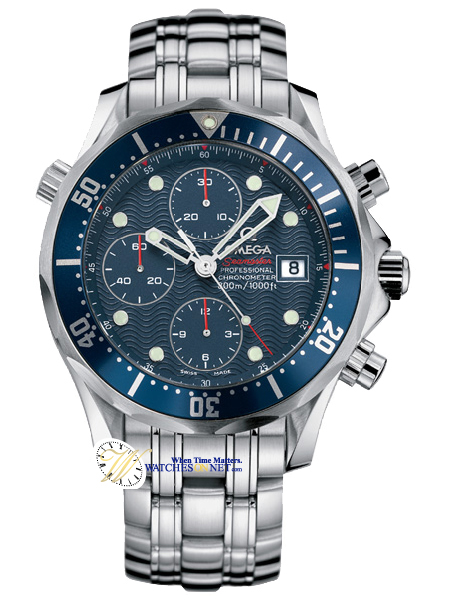With the
HON. JOHN D. RICHARD, Chief Justice (Retired) of the Federal Court of Appeal
November 28, 2011
7:00–9:00 pm
Gowling Lafleur Henderson LLP
Board Room
2600–160 Elgin Street
Ottawa
While governments make laws, it is the responsibility and duty of the judges in our courts to interpret and apply those laws. Judges are given a unique degree of independence and security of tenure in Canadian society in order to be able to properly carry out their duties impartially and free of extraneous influence. It is a fundamental tenet of our judicial system that “
Not only must Justice be done; it must also be seen to be done.”
In Canada, the accepted convention is that judges speak on matters of public policy only through their judgments and only to the extent necessary to render the necessary decision. They rarely speak or write “out of court” in a public forum, and when they do so, it is invariably in a measured manner and usually on issues such as the administration of justice that are of concern primarily to law students, the legal profession or to other judges. By contrast, English, and particularly American, judges are in some cases much more outspoken outside of the courtroom on a wide range of issues.
That said, judges in Canada are amongst the most well-informed and articulate participants in our system of governance. Would Canadian society as a whole, taking into account the justice system, benefit from more outspoken “out of court” discourse by the judiciary? Does the retirement of a judge make a difference in this discussion?
Couchiching Ottawa is honoured to launch its first informal evening for 2011–12 with the
Honourable John D. Richard, who recently retired as Chief Justice of the Federal Court of Appeal. Justice Richard presided over this Court and its predecessor for the decade between 1999 and 2009. This was a momentous period in Canadian legal and political history and the establishment of the Federal Court of Appeal itself as a keystone institution in Canadian public law. Prior to his appointment to the bench in 1994, he had a long and very successful career as a lawyer, appearing in many and varied cases of great importance.
In the Couchiching tradition, our guests and participants are invited to speak openly and frankly, and to engage in non-partisan, provocative and free debate. Accordingly, this evening will be conducted off the record under the Chatham House Rule. Attendance is limited and we welcome your participation.
| The Couchiching Institute is grateful to Earnscliffe Strategy Group and Gowlings for their sponsorship of the Ottawa Round Tables. | |   |
FEE
$35 + HST, $20 + HST for students.
Wine and hors d’œuvres will be served.
REGISTRATION
Space is limited, so book now! Prepayment required.
Register by calling 416-642-6374 , 866-647-6374 . Registration is limited and will be conducted on a first-come, first-served basis. For more information, you can also e-mail couch@couch.ca,
PREVIOUS ROUND TABLES
- The Responsibility to Protect: The Road to Libya and Beyond, with Prof. Errol Mendes, University of Ottawa, and Fergus Watt, Federalist Movement of Canada, May 30, 2011 (originally planned with General Roméo Dallaire who was unable to attend because of illness)
- Demonstrations and Civil Society: From Toronto to Tunisia to Egypt — And Beyond? with Nathalie Des Rosiers, February 28, 2011
- “Yes, Minister” or “No, Minister”? with Dr. Alex Himelfarb and Dr. Munir Sheikh, November 1, 2010
- Roundtable Summary of “The Future of Public Broadcasting in Canada,” March 30, 2009 (pdf)
- Roundtable Summary of “Canada’s International Development Strategy
in a Conservative Era: Staying the Course or Charting a New Path?”,
November 20, 2008
- Reasonable Accommodation in Canada, April 24, 2008, Gowlings Ottawa (pdf)
If you're not on our mailing list already, get on it! Call us at 416-642-6374 , 866-647-6374 , or email couch@couch.ca. We promise never to give your address out to anyone nor will we send you mailings unrelated to the Couchiching Institute on Public Affairs.






